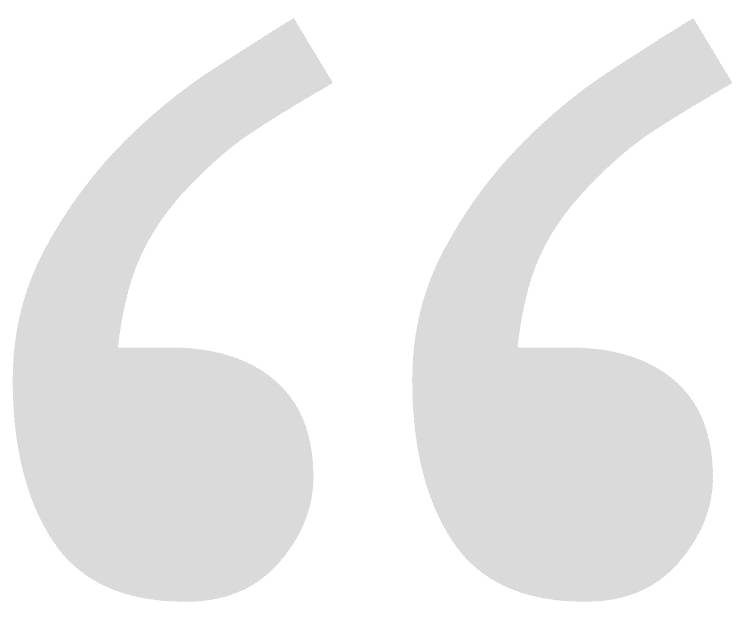Lessons of Loneliness: What God Can Teach Us Through COVID-19

Here in Los Angeles, the absence of snarling traffic is normally a welcome change of pace.
But today the silence is deafening.
Schools, businesses, and churches have moved their activities online. Collectively, we have all learned what “Zoom calls,” “novel virus,” and “social distancing” mean.
But while this “new normal” of isolation might feel unproductive, claustrophobic, and uncomfortable, God is not wasteful. Even in the midst of uncertainty and fear, there are opportunities to grow. And while I wouldn’t want to limit what God can accomplish to a list of numbered items, three opportunities for growth stick out to me in this season of quarantine.
1. Grow in empathy.
While this is (for most of us) an unfamiliar, temporary experience, there are millions of people for whom isolation is the norm. Chronic illnesses, suppressed immune systems, and complex medical needs can all make leaving home difficult or impossible, even without the presence of an infectious disease. Similarly, caregivers can experience isolation and loneliness when their responsibilities prevent them from investing adequately in outside friendships.
When the COVID-19 crisis dies down and we collectively emerge from our homes into wider society, there will still be millions living in isolation and loneliness.
Additionally, the fear of exposure to the novel virus many of us are experiencing is a fear that people with compromised immune systems fear every time the flu season comes around. Empathy might look like maintaining the same discipline we have now for hand washing, covering coughs and sneezes, and avoiding others while contagious.
The techniques people are developing to maintain community in the midst of this outbreak can either become a part of our daily lives for connecting with and including people isolated due to disability or be forgotten.
Long after the coronavirus is relegated to the history books, homebound and isolated people will struggle to find community.
If this current crisis can highlight their need, teach people how to effectively offer help, and build empathy for those who live in chronic isolation, then the inconvenience of social distancing will not be wasted!
(Check out this article from Joni and Friends on how your church can set up long-term support structures for people with chronic health issues. This article from The Gospel Coalition provides some excellent guidelines on how to serve your neighbors in the short term.)

2. Grow in our understanding of isolation.
Isolation is more than physical separation.
In the midst of a crowd, how many people still feel lonely and isolated? How many people struggle to connect because no one is willing to take time to understand them? The person with autism who, because they struggle to maintain eye-contact, is often believed to be unfriendly. The person with fibromyalgia who, because of limited energy, struggles to maintain and initiate friendships. The caregiver who, because their attention and energy is devoted to caring for their loved one, struggles to care for themselves and has little opportunity or ability to connect with anyone on “the outside.”
The pain of social isolation can match or exceed the pain of physical isolation. Christ experienced this on the cross. Hear the agony of Christ on the cross as he cries, “My God, my God! Why have you forsaken me?” Lack of deep, meaningful friendship is an isolation that can affect even those who are surrounded by people.
3. Evaluate our own loneliness.
Being forced to slow down has a way of revealing things about our hearts. When we are without the crutch of normal routines, we discover what we lean on. Without the distracting hustle and bustle of everyday life, many of us are—for the first time in a long time—left with nothing but our thoughts.
Where does your mind go in moments of stillness?
When so much in our lives is run on autopilot, going from one routine to the next, we are rarely forced to examine the true state of our heart. With health risks and economic uncertainty, and the sheer boredom of “sheltering in place,” anxiety can easily bubble to the surface.
But anxiety is not created; it is only revealed.
When the shelter of routine is disrupted, the inner state of our hearts is laid bare. How does God want to transform us in this time?

Philippians 4:6-7 tells us to “not be anxious about anything.” Instead, we are called to prayer.
In the words of C.S. Lewis, “I pray because I can’t help myself. I pray because I’m helpless. I pray because the need flows out of me all the time, waking and sleeping. It doesn’t change God. It changes me.”
So what do we do?
Within a few months, most all of us will be “back to normal.” But how many around us will continue to experience isolation as normal?
By coming to earth, by dying in our place, Christ has “preached peace to you who were far off and peace to those who were near.”
Ephesians 2:17 (ESV)
Who are the far off in your community?
I’ll leave you with the comforting words of Romans 8:28 (ESV): “And we know that all things work together for good to those who love God, to those who are called according to his purpose.”
Written By—Ryan Faulk
Ryan Faulk works for Joni and Friends to equip churches in Southern California to evangelize and disciple people with disabilities. He is passionate about seeing churches reflect the heart of Christ for all people.

Do You Have Questions?
Contact us at [email protected] or call (818) 707-5664. We’re here for you. Your ministry’s success is our highest priority!






